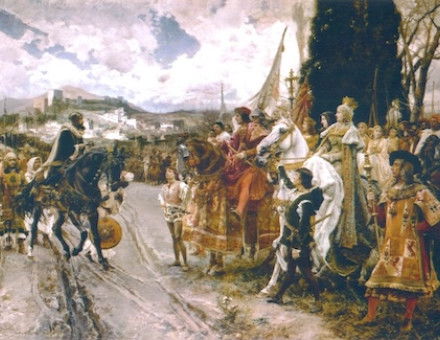Otto III and the Historians
Around the year 1000, a teenage emperor in the centre of Europe embarked on a rapprochement with his eastern neighbours employing the language and kudos of a vanished imperial Rome as part of his diplomatic offensive. Timothy Reuter looks at a remarkable episode and the use and abuse made of it subsequently by German historians and propagandists.
Otto III was crowned King of Germany at the age of three in Aachen on Christmas Eve 983 and died of fever at the age of twenty-one in Umbria on January 24th, 1002. His coronation was meant to take place during the lifetime of his father, Otto II, to secure the succession, but in fact his father died in Rome on December 7th, 983 and the news reached Aachen just as the assembly was breaking up. Not surprisingly, there was some willingness to reconsider his succession.
Otto II's cousin Henry, the former Duke of Bavaria, claimed the kingship, but in the end could not command enough support and was forced to hand over Otto III to his Byzantine mother, Theophanu, and grandmother, Adelheid, in the summer of 984. But it was not until 985-6 that Otto's position was finally secured, and Henry bought off with Bavaria; Theophanu, and then after her death in 991 Adelheid, ruled in Otto's name. Otto himself was educated by tutors who included a Greek, John Philagathos. He was hence both by family and by upbringing unusually familiar with Byzantine practices and traditions, and he was also unusually receptive to new or unfamiliar ideas.





